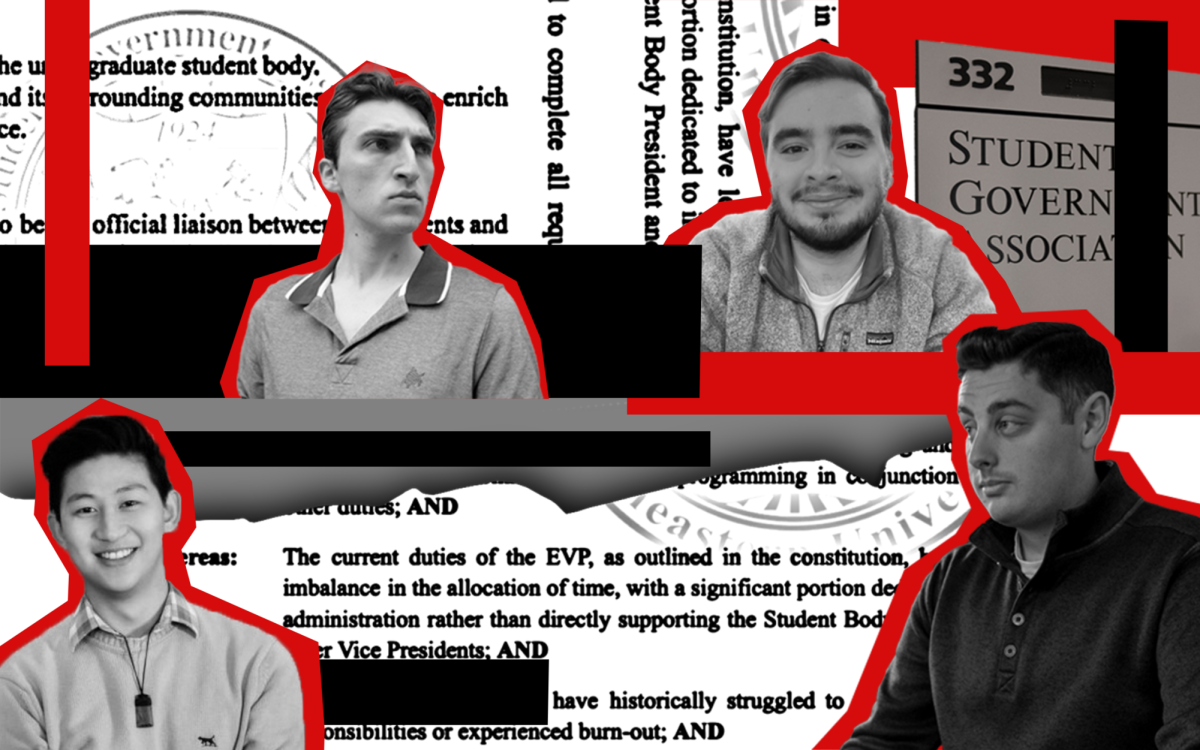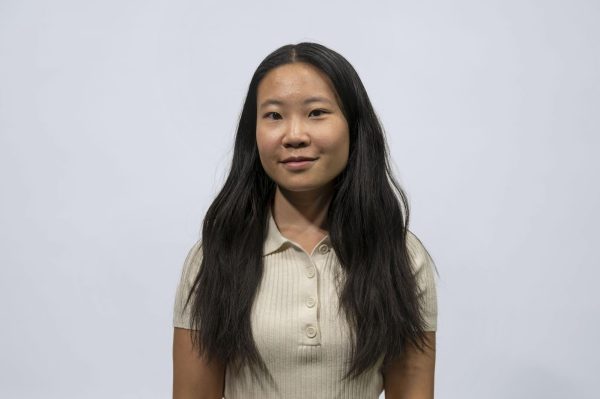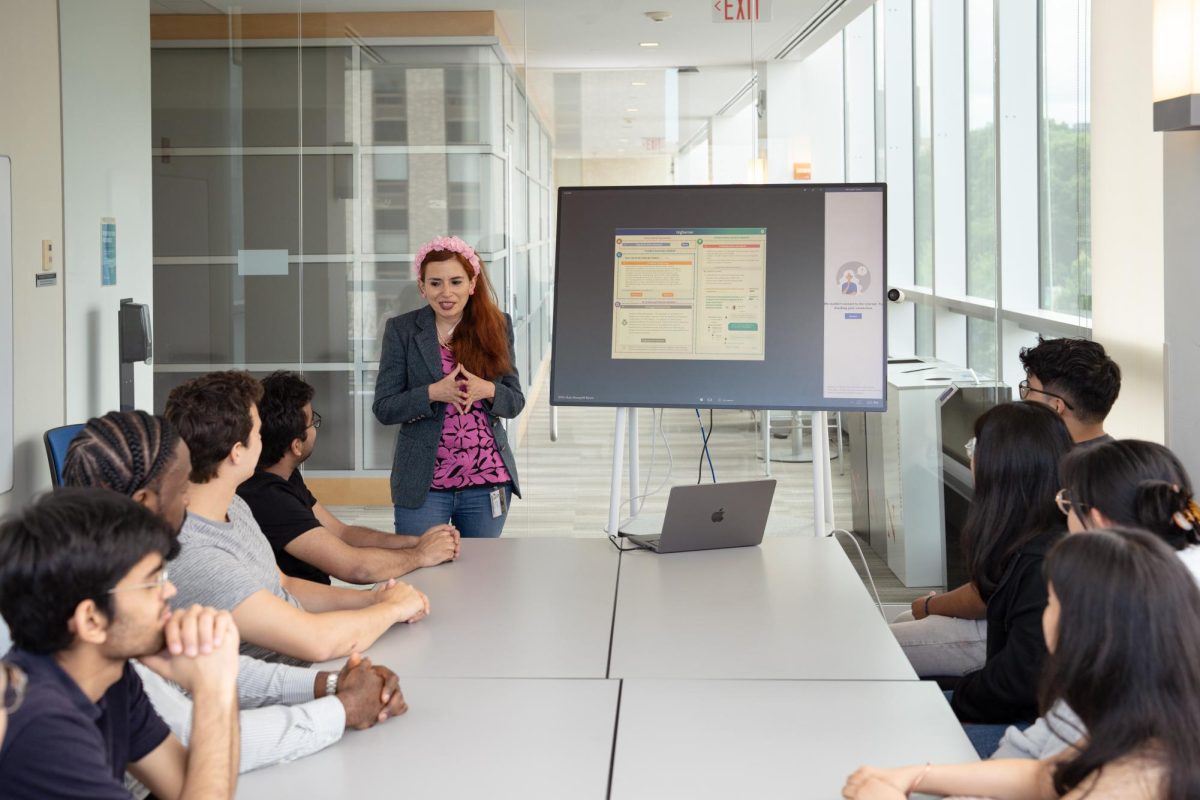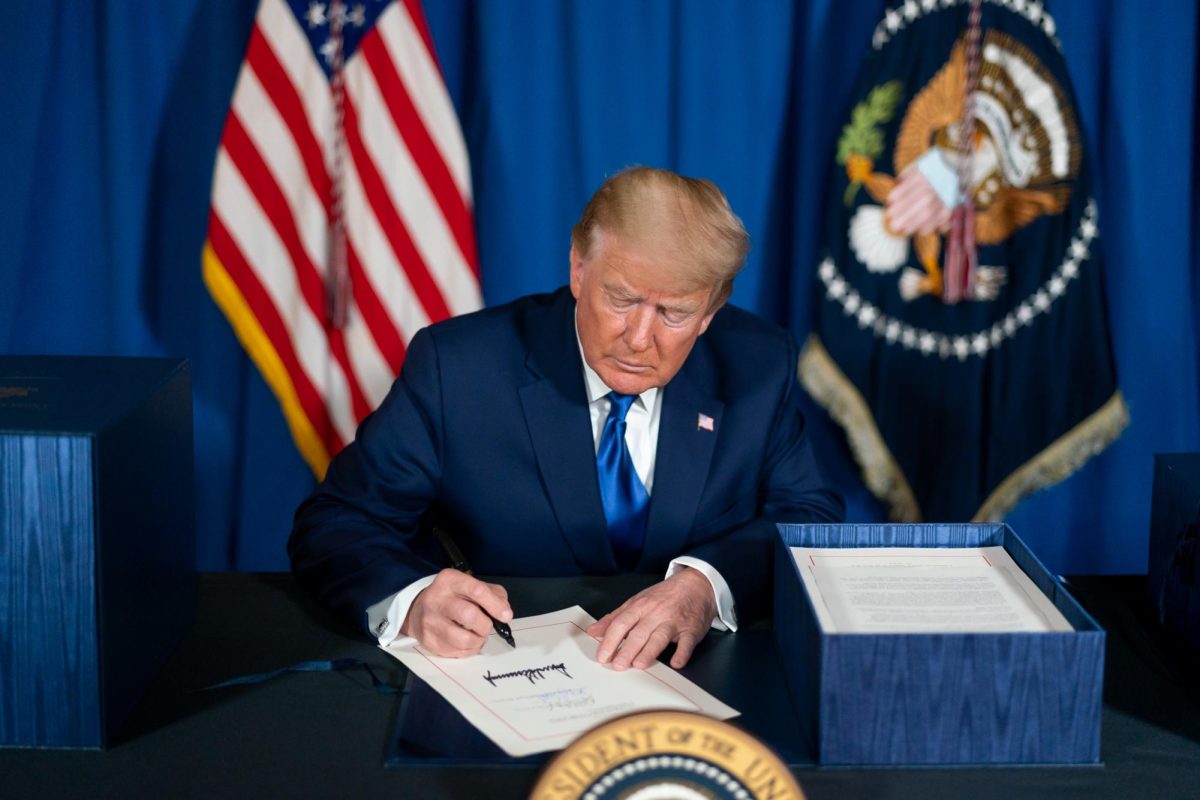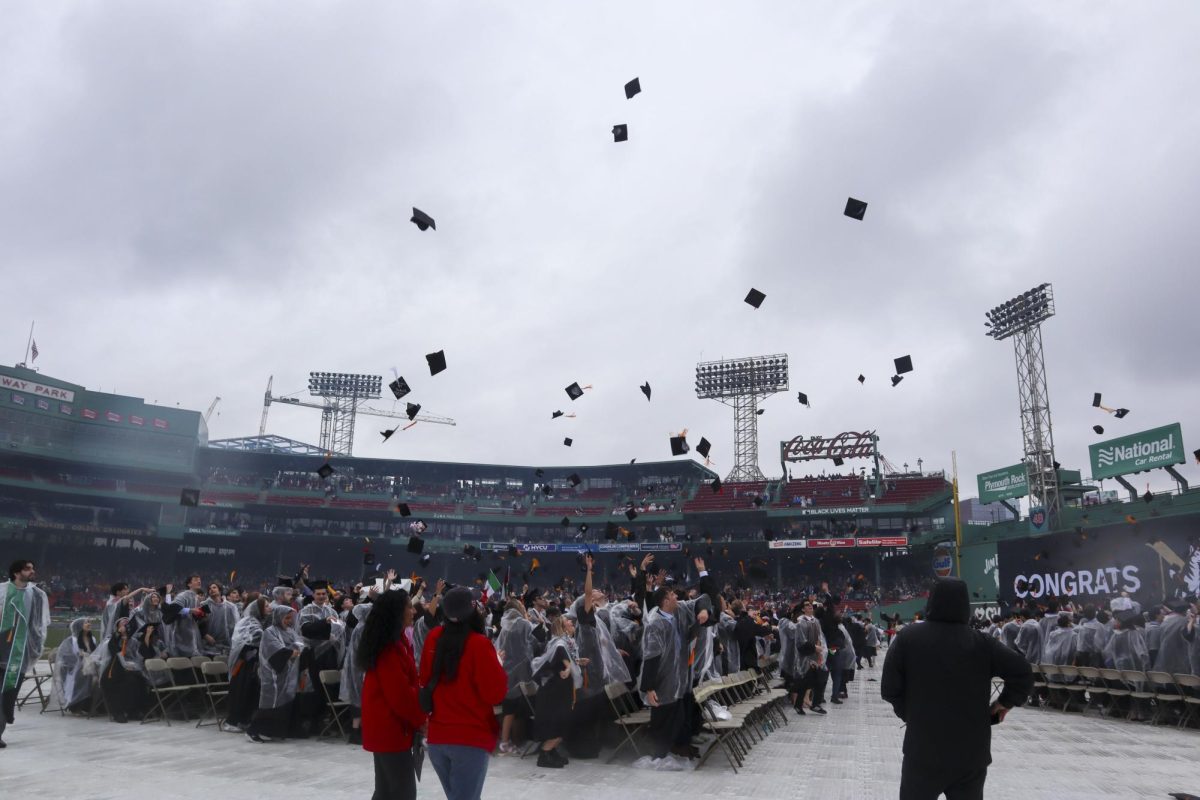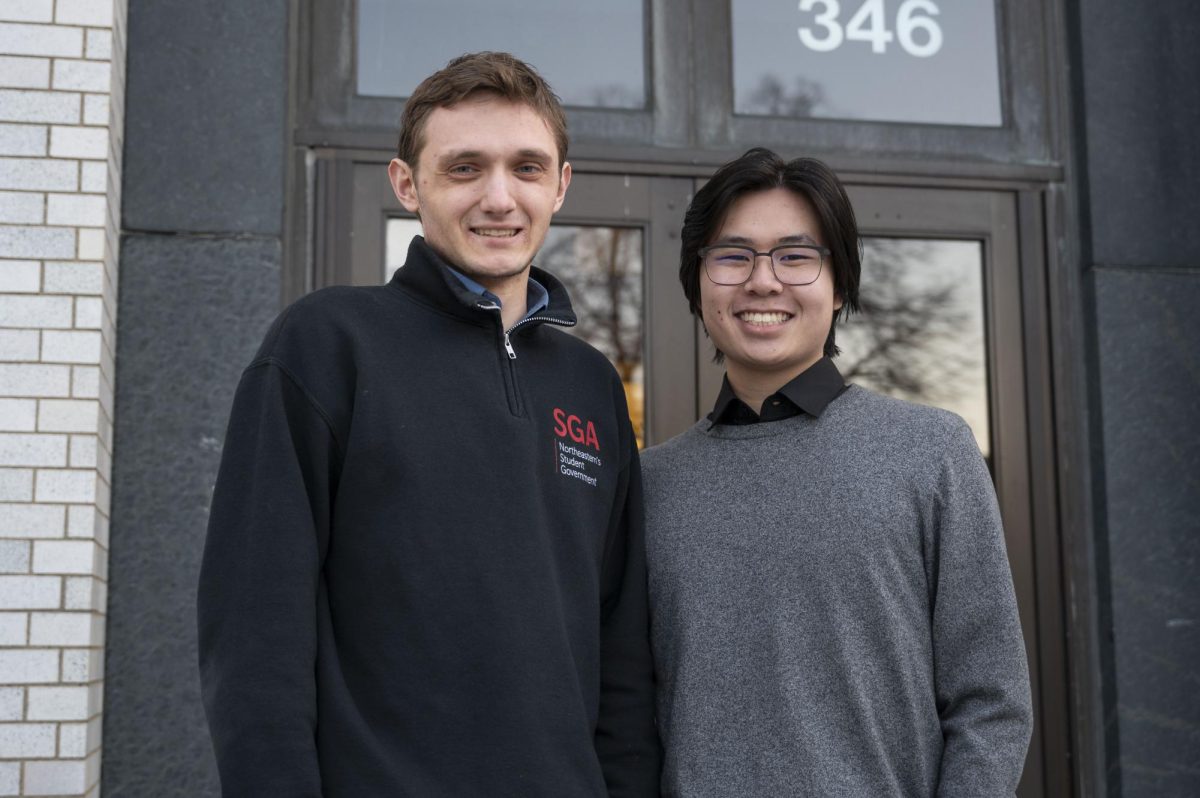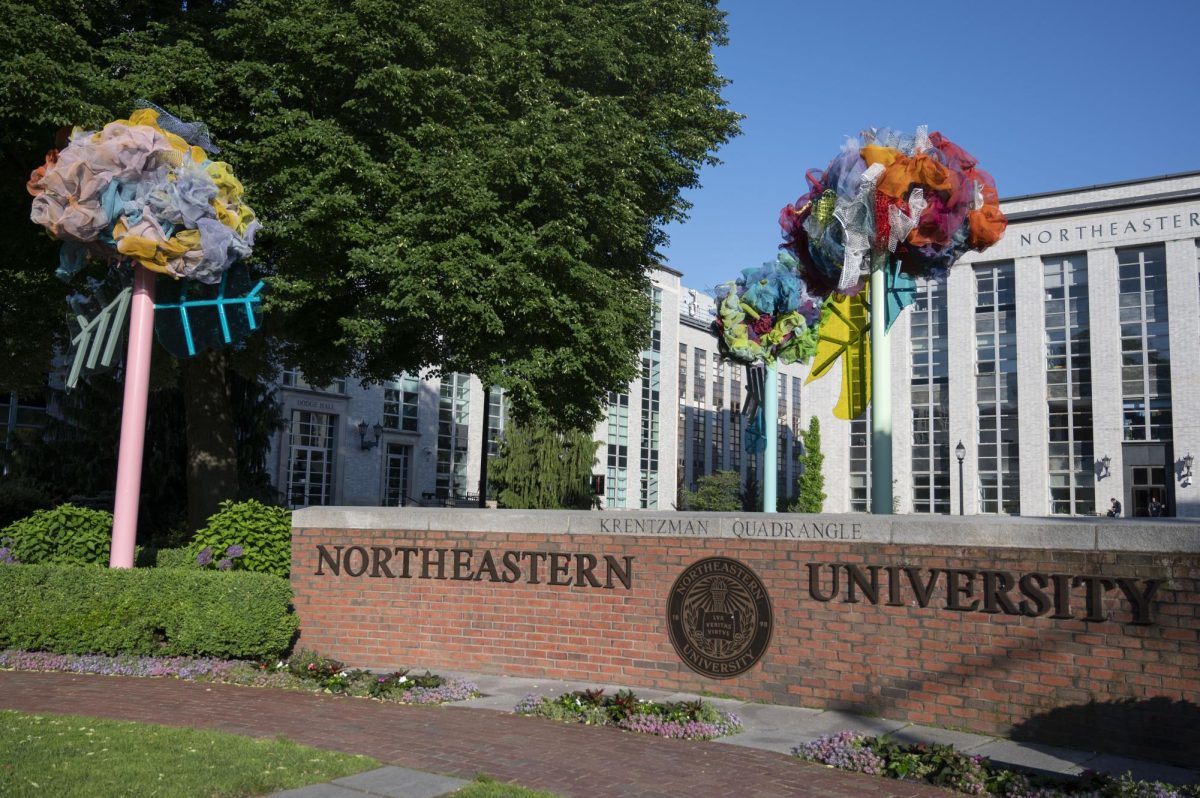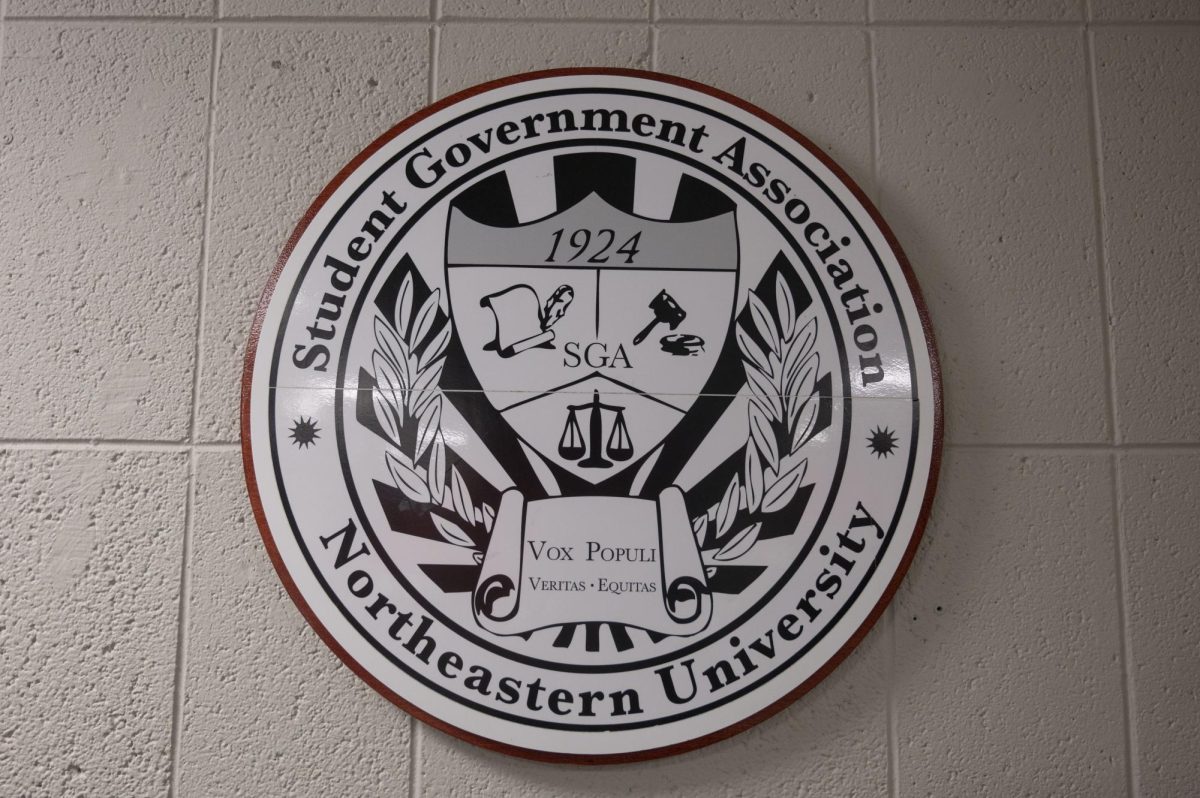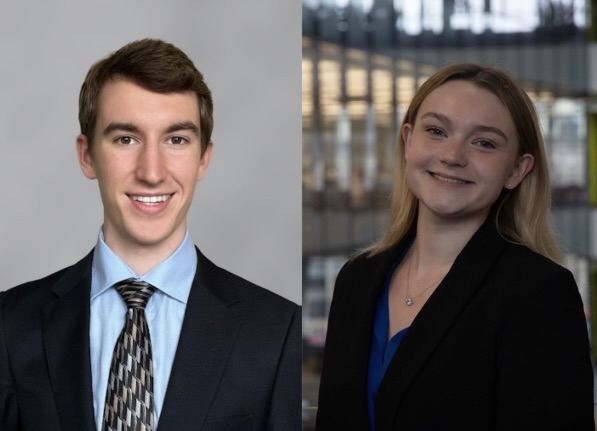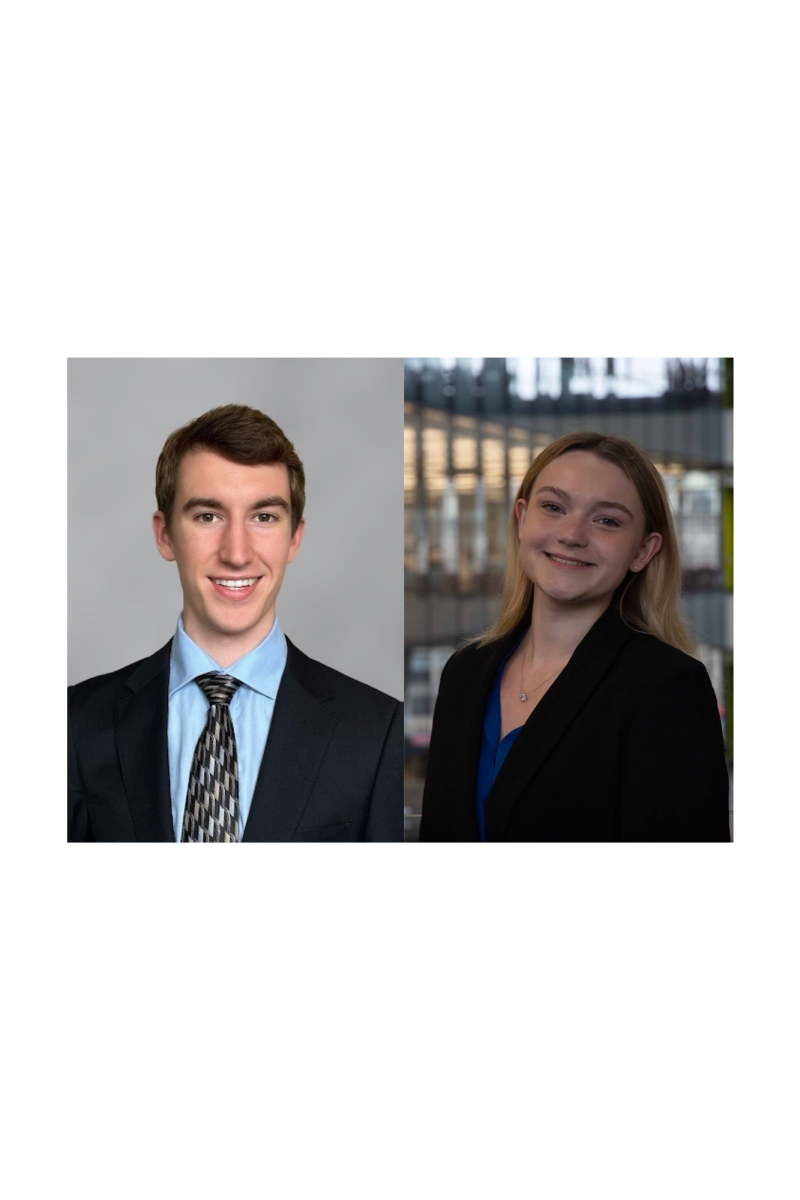The Student Government Association, or SGA, spent the past several weeks reconciling with the resignation of former Executive Vice President Matty Coleman, a fourth-year psychology major who stepped down Oct. 23 due to mental health reasons. Since then, members of SGA have voiced concerns over how the transition was handled and the SGA executive board’s actions behind the scenes.
In the weeks following Coleman’s vacation of office, senators pointed to a last-minute introduction of new legislation that delayed the election of an EVP — with some members finding out about the delay at the same time as the information became public. People in leadership also said they were in the dark about the bill until days before it was introduced and said there was a lack of clarity with the emergency election process. Others were concerned with the resolution being introduced at a time that SGA has still been adjusting to major reforms made to their internal structure last semester.
An emergency election was scheduled for Oct. 30 to fill the vacant role of executive vice president, or EVP, but was ultimately delayed when Student Body President Charlie Zhang and Vice President for Student Success Sebastian Chávez Da Silva introduced legislation to restructure the position. The presentation of the legislation was also delayed at the same meeting after a lengthy debate about the timing and merits of its introduction.
“We got some support from around the organization, but not all, which is entirely understandable given the short time frame we had,” said Zhang, a fourth-year independent sociology, anthropology, and global strategy major. “It was tabled, so we couldn’t really present it, which I think is a damn shame.”
Several senators, however, expressed concern about a lack of communication from SGA leadership and the sudden timing of the restructuring.
“I think it was awful. The meeting was supposed to be nominations for EVP, and at the very last minute, this new body president decided to change that and introduced this secret legislation that nobody’s seen before,” said Giovanni Falco, a senator and third-year criminal justice and political science combined major who ran against Zhang and Coleman’s slate in the previous SGA election. Falco said he didn’t hear about the change of plans for the Oct. 30 meeting until a public senate agenda meeting email was sent out the evening before. “So it’s quite concerning to me that we’re in the process of electing a new EVP, but we’re also stripping that person of their powers by creating a new elected position.”
The tabled resolution would split the role of EVP into two parts, creating a new speaker of the senate position that would focus on internal responsibilities historically given to the EVP. Under the new structure, the EVP would focus on “external advocacy” and would no longer be presiding officer of the senate.
Zhang said that the idea of restructuring the role of EVP, which some see as “straining,” had been in the works for a year and a half but previously lacked support from senators. According to Zhang, Chávez Da Silva, a fifth-year industrial engineering and political science double major and former EVP, originally had the idea to present the legislation.
“We’ve heard from our own leadership about the dual role — external and internal — and how everyone’s going to balance it,” Zhang said. “We wanted to preempt a lot of those challenges and put forward in the most transparent way to senators what they should do going forward. And that’s why we felt we had to present it on Monday.”
Chávez Da Silva said that writing the legislation and the content of it wasn’t his idea in “any way, shape or form.” According to him, Zhang had called him Oct. 28 to tell him that several possible nominees were hesitant to take the role because of its extensive responsibilities.
“That’s when I told him that if this is going to be done, it should be written legislation. I didn’t want it to be something that seemed premeditated,” Chávez Da Silva said, specifying that under the SGA governing documents, any person in an elected position can already delegate responsibilities to directors or people under them. “Under my belief, I thought that it’s such a great responsibility to delegate and it shouldn’t just be delegated without having some sort of senator approval beforehand.”
At the Oct. 30 meeting, which both Zhang and Chávez Da Silva attended virtually because they were out of the country, Zhang argued for discussion of the legislation, saying the senate “currently [has] a role that nobody is entirely prepared for, as seen by our zero nominations on the floor for today.” The News confirmed that Gregory Katz, a fourth-year mechanical engineering major, had submitted an official nomination for EVP prior to the meeting on Monday but rescinded his nomination the previous Saturday, Oct. 28.
“The way it was presented to me was that apparently there were conversations that were being had — which I don’t know who they were being had with — but with other people who were considering running — that there was consensus among several people that nobody really wanted the full position,” Katz said, confirming he pulled his nomination “last minute.” “I thought that since that seems to be a consensus, I probably shouldn’t be running.”
Katz also said he was unsure about whether to leave his current position as vice president for campus affairs and was not fully committed to running prior to submitting his nomination.
Misha Ankudovych, a second-year data science and economics combined major and vice president for academic affairs, had also submitted a nomination, though it was considered unofficial because he had not been a member of the Senate for 25 weeks prior to running. The bylaw mandating this was suspended at the emergency election Nov. 6, which ultimately allowed Ankudovych to run.
“My opposition at the meeting was not due to not being able to run,” said Ankudovych, who rescinded his nomination for EVP an hour before Katz, according to screenshots of emails provided to The News. “Communication had just broken down between leadership, and it was unfortunate that it was so public.”
A source who requested anonymity due to privacy concerns told The News there had been some internal rumors in SGA that Zhang allegedly pushed nominees to pull out of the election so that the legislation could be presented. Falco said he had heard from “people on the student body president’s leadership team that he was scared I was going to run” and even created a clause to specifically block his nomination.
Zhang denied pressuring anyone into rescinding their nominations.
“We told the same thing to every one of our leadership — we have 50 people in leadership — so we just went to the division heads and told the same thing to everybody,” he said.
Ankudovych, whose position is considered a part of leadership, said he heard about the legislation “marginally earlier” than the rest of the Senate.
“When I say earlier, I mean hours earlier,” Ankudovych said. “I can’t say I had the same miscommunication or the lack of communication as the rest of Senate, but I think it was a little uncomfortable.”
Owen Kasmin, executive director of elections and a third-year history and political science combined major who was outspoken about tabling the proposed legislation at the Oct. 30 meeting, said he heard the legislation was written the morning of Oct. 28 and didn’t know how to “interact” with it by the time of Monday’s meeting.
“Whether there were backroom conversations amongst E-Board, amongst leadership, people are worried whether or not they’re including senators,” Kasmin said. “I want to make the point that even I wasn’t really involved in a lot of these discussions, I don’t know if there were any discussions really to it.”
Kasmin expressed concern that there was no defined time during the Oct. 30 meeting for people to nominate themselves or others for EVP. He also said the Senate bylines do not make it clear who on SGA would oversee an emergency election, and even though Kasmin oversees direct elections in his role, “this is a separate election from anything [he is] involved in.” Zhang said Saturday that he had conversations with Kasmin about his role in the emergency election, and Kasmin ultimately ended up handling nominations in the emergency election Nov. 6.
Zhang admitted that there had been a breakdown of communication within SGA the past several weeks, specifically at the Oct. 30 meeting.
“The communication piece, I wish that we would have gotten a lot of that sorted out outside of the meeting, but some of that can’t be prevented because some of it didn’t come from the SGA leadership,” he said.
Katz said the apparent disorganization within SGA this semester was the result of an “adjustment period” to last semester’s resolution that introduced “major” internal reform to the organization. Last semester’s reform was aimed at making the Senate more efficient, relieving some duties from vice presidents and creating new committees.
Falco said the recent restructuring is a major reason why the EVP role should not be revised this year and that recent events show why the SGA often has a low approval rating within the student body.
“We only had 25% of students vote and half of them were no-confidence votes, which is just crazy to me. What are we doing wrong?” Falco said, arguing that splitting the EVP role into two separate positions would create more “bureaucracy” and less efficiency. “And I think it’s this — having an EVP dropout during their term and then having some kind of secret legislation that nobody knows about that reorganizes the organization in some pretty impactful ways after we just had a years-long revision of our governing documents and the roles within the SGA and how to create efficiency.”
The legislation restructuring the role of EVP is currently tabled indefinitely, though Zhang said his goal is to re-introduce it this semester. Parliamentarian Ignacio Colón-Cordero, a third-year business administration major, said that the speaker role would be created immediately if the legislation passes and would be effective until July 1, 2024, when SGA would reevaluate whether the changes made are effective.
“Based on how many nominees we’ve had for EVP, there’s a lot of people that are interested in this internal side of the [speaker] role,” Zhang said in an interview with The News, clarifying that his comments about “zero” nominations at the Oct. 30 meeting referred to actual, official nominations at the time of the meeting. Zhang also noted that nominations for the role could’ve been made at “any point” in the meeting, even though there was no time set aside for it.
Falco said his top priority would be to “kill” the legislation because of its poor development and possible ulterior “motivations going on that are possibly influencing these actions.”
At the Nov. 6 meeting, four nominees ran for EVP, including Falco and Ankudovych. Falco pulled out of the election and endorsed Ankudovych before the vote. Matt Coughlin, former vice president for operational affairs and a third-year mechanical engineering major, ultimately won the election.
“Everything that we’ve done has been mostly internal or fixing things or creating new positions. In the last two semesters, that’s been the case,” Falco said. “It shows why the students don’t like us and why every election we have a huge portion of students vote no confidence, because right now, I don’t have confidence in the leadership.”



